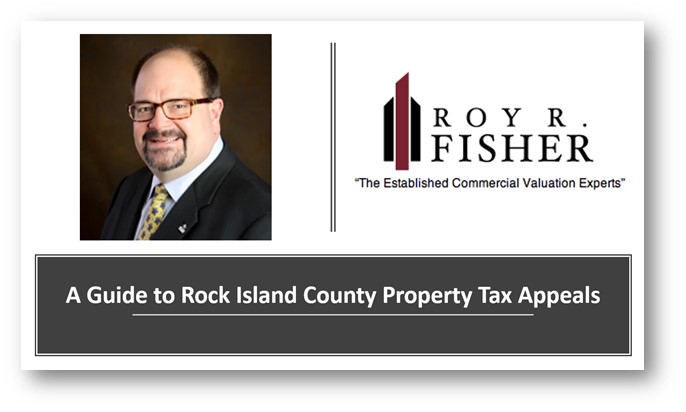Celebrating Leadership and Excellence in Real Estate Appraisal!
 Just over four years ago, we announced our very own Jordan Maus was appointed to the Iowa Real Estate Appraisal Examining Board. Now, we are excited to announce that Jordan has recently been elected Chairman of the Iowa Real Estate Appraisal Board. This prestigious role is a testament to Jordan’s dedication and expertise in the field of real estate appraisal.
Just over four years ago, we announced our very own Jordan Maus was appointed to the Iowa Real Estate Appraisal Examining Board. Now, we are excited to announce that Jordan has recently been elected Chairman of the Iowa Real Estate Appraisal Board. This prestigious role is a testament to Jordan’s dedication and expertise in the field of real estate appraisal.
The Iowa Real Estate Appraisal Board plays a crucial role in maintaining the integrity and standards of the appraisal profession within the state. The Board is responsible for licensing and regulating real estate appraisers, ensuring compliance with federal and state regulations, and upholding the highest standards of practice. Jordan’s leadership will be instrumental in guiding the Board’s efforts to promote transparency, accountability, and professional excellence in the appraisal industry.
Jordan joined Roy R. Fisher in 2012 and has since become an integral part of our team. With a sharp eye for detail and a commitment to excellence, he has excelled in various appraisal tasks including report writing, property research, market analysis, and building inspections. You can read more about him and our team on our Bios page.
Jordan’s journey in the appraisal industry began in 2008 in Chicago, and he has since acquired Certified General Real Property Appraiser licenses in both Iowa and Illinois. He was first appointed to the Iowa Real Estate Appraisal Examining Board in May 2020 and is actively involved in the Discipline and Peer Reviewer Committees, ensuring high standards and ethical practices within the industry. His recent election to lead the Board in May 2024 is a reflection of his leadership and professional excellence. His pursuit of professional development is also evident through his completion of numerous advanced appraisal courses, including complex valuation techniques and expert witness training.
Outside of his professional life, Jordan is an avid triathlete, a Chicago Cubs fan, and enjoys traveling with his wife. He also co-owns Me & Billy, a popular bar and restaurant in downtown Davenport.
We are incredibly proud of Jordan’s achievements and look forward to his continued contributions to the appraisal community. For any inquiries or to learn more about our services, please contact us.



